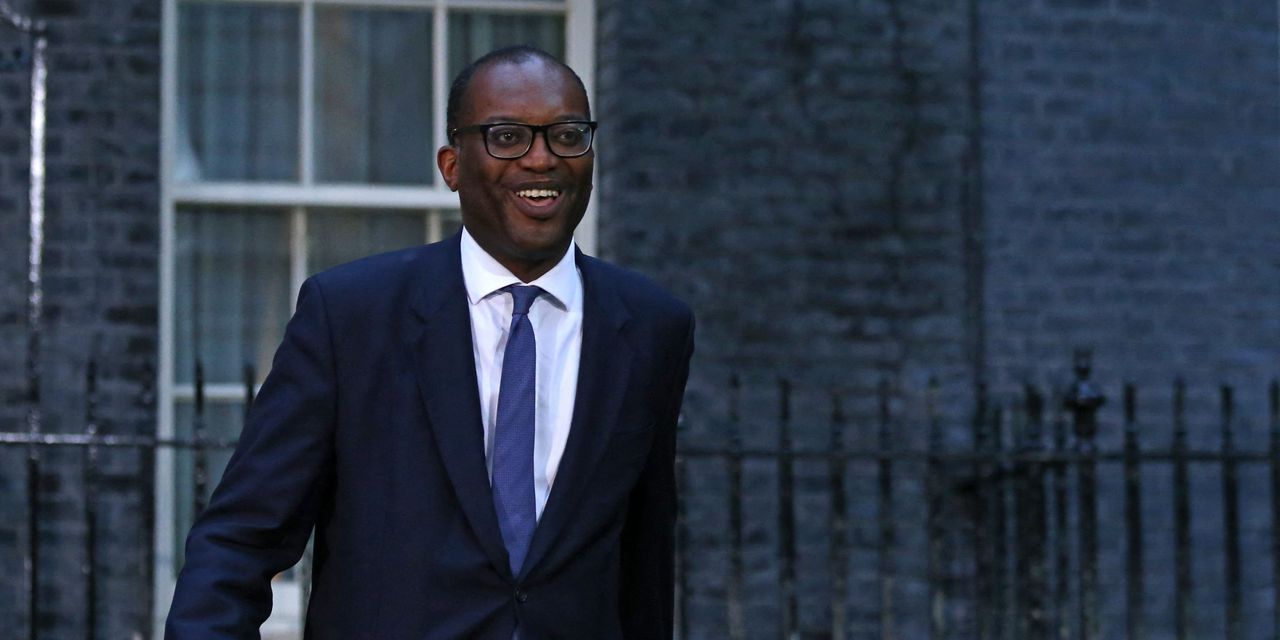U.K. finance minister Kwasi Kwarteng is set to reveal the government’s budget this Friday, and amid soaring inflation, the escalating Ukraine war and the energy crisis, here’s what to expect from the announcement:
Taxes
You get a tax cut, and you get a tax cut… everybody gets a tax cut.
Prime minister Liz Truss is set to go full Oprah Winfrey on tax cutting measures to boost the economy, that may make her an unpopular leader in her words.
The tax changes include a cancellation of the planned increase in corporation tax – outlined by former finance minister Rishi Sunak from 19% to 25% — for an estimated cost to the government finances of £17 billion ($19.2 billion), according to the Tax Foundation.
The mini-budget is expected to scrap the 1.25 percentage-point increase to National Insurance, which was brought in to support National Health Service social care services. The Tax Foundation says the cut could reduce government revenue by £13 billion.
It also emerged last week that Kwarteng is looking to get rid of the cap on bankers’ bonuses as part of a post-Brexit shake-up to attract foreign talent to the City of London.
In a bid to alleviate the cost of living crisis, the budget is expected to announce the planned income tax cut of 1p in the pound to take effect in 2023, instead of 2024 as proposed by Sunak.
The Times reports that Truss could even cut the stamp duty tax on property.
Energy bills
The government already revealed a plan to cap U.K. household bills at £2,500 a year for two years. On Wednesday, it announced a cap on wholesale gas and electric prices for businesses at less than the market rate, starting from next month. It will confirm the price on Sept. 30.
No word on how much both schemes will cost but estimates have priced the household support at over £100 billion, ranging to as much as £150 billion estimated in May by the Office for Budget Responsibility. Investec analysts say the business scheme will cost between £22-48 billion.
Investec economist Sandra Horsfield said that the final cost of the package will depend on “evolution of actual gas prices, as well on the quantity of gas consumed.”
What’s left out?
Independent forecaster Office for Budget Responsibility (OBR) usually provides the Treasury with a forecast of the U.K. economic outlook, normally published alongside the mini budget.
But the BBC reported on Wednesday that the Treasury has refused to publish a budget forecast.
Impact on the markets
Market commentators such as Morgan Stanley analyst Allan Monks said the current fiscal rules would leave “no room for downside surprises.”
“This would make it hard for the OBR to express confidence in the government’s plans,” he added.
While Jane Foley, head of FX strategy at Rabobank, recalls the long end of the gilts market were sold off heavily when Truss was announced Prime Minister.
“This reflects the market’s judgement on her fiscal plans. Investors are skeptical about the ability of the UK to meet a growth target (which she will reportedly set in the 2.5% area) and unnerved by the prospect of even more debt,” she added.
